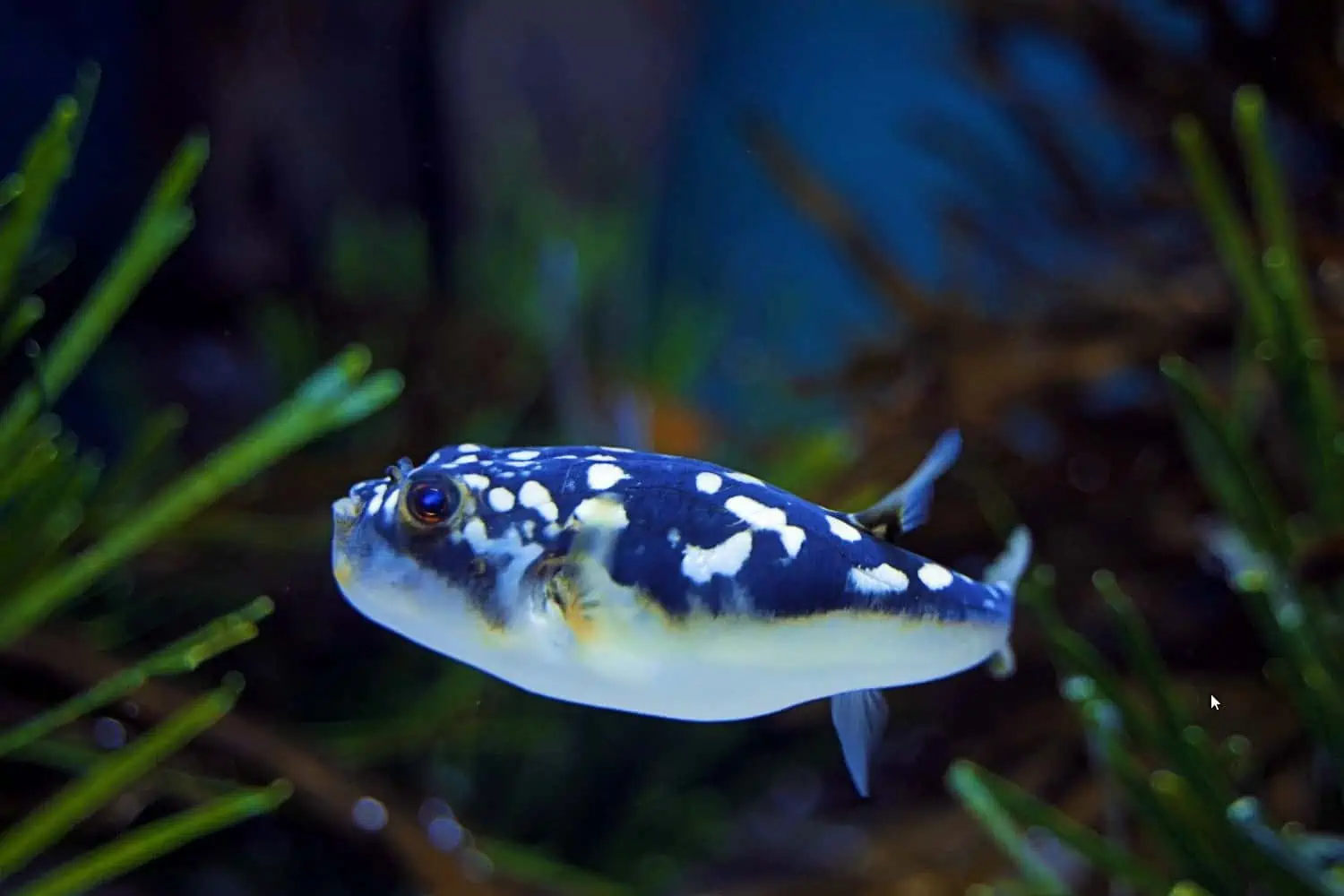This week over 80 individual evil-eye pufferfish, or blaasop, washed ashore on Long Beach in Simons Town, Cape Town. In case of a repeat of last year’s March washout, officials will be monitoring beaches from Fish Hoek to Simon’s Town over the next few days. In the meantime, they have requested that the public steer clear of the poisonous carcasses.
How Poisonous are Evil Eye Pufferfish?
Like other pufferfish, the evil eye pufferfish that washed up in Cape Town are notably poisonous. They contain an extremely toxic neurotoxin called tetrodotoxin, which is roughly 1200 times more poisonous than cyanide. Making it one of the most deadly natural poisons in the world.
The poison essentially prevents the nervous system from carrying messages, cutting off signals between the body and brain. This can end up causing paralysis of the diaphragm which would result in death due to respiratory failure.
The toxin is present both in the skin and internal organs. So their flesh should never be eaten or fed to animals and one should avoid even touching a pufferfish.
A Possible Repeat of Last Year
Last year city officials collected almost 70 bags of dead pufferfish after they had washed up over the weekend of the 20th of March. This totaled roughly 200 kilograms of pufferfish, all removed from Cape Town beaches along the Muizenberg and Fish Hoek coast. The quantity washed up this week is significantly less, but the time of year and area are very similar. As a result officials will monitor nearby beaches in case of more pufferfish washing ashore.
Why So Many Washed Up?
Although the evil eye pufferfish is classed as being of “Least Concern” on the IUCN Red List, having so many of them wash up on beaches is cause for concern. Following last year’s washout, the Department of Environment, Forestry and Fisheries ruled out pollution or red-tide toxins as the cause of the beaching.
The department added that causes of past pufferfish mortalities included mass courtship, spawning and fighting. During which male pufferfish inflate themselves and become susceptible to being rolled or blown out of the water. However, the City of Cape Town said it could not confirm the exact cause of the 2021 pufferfish washout.
